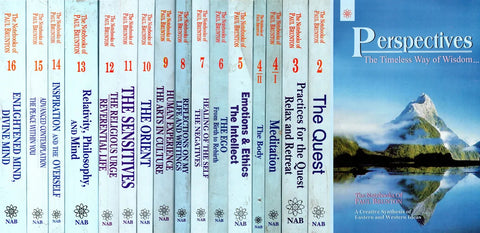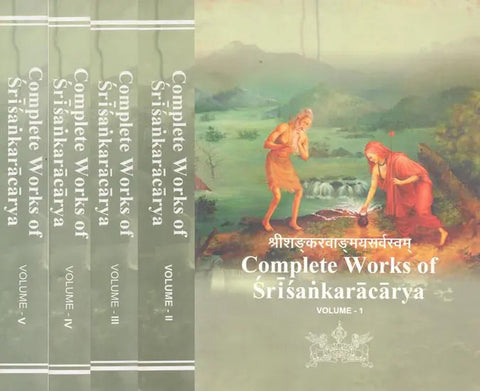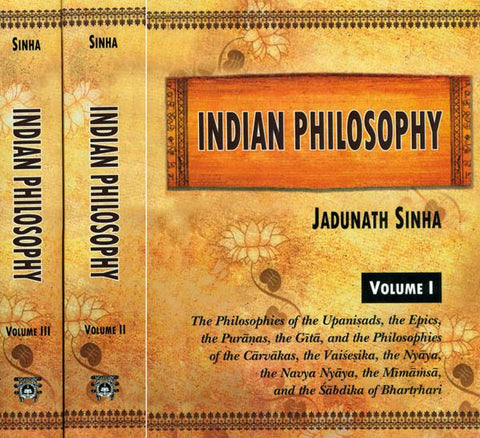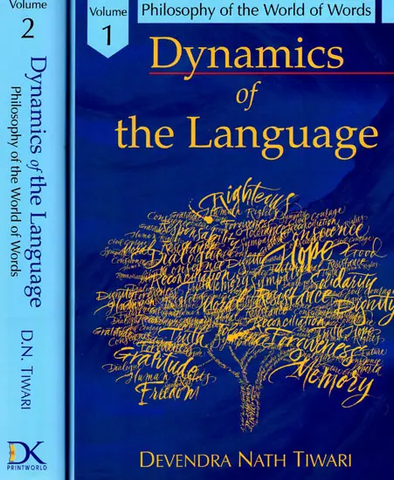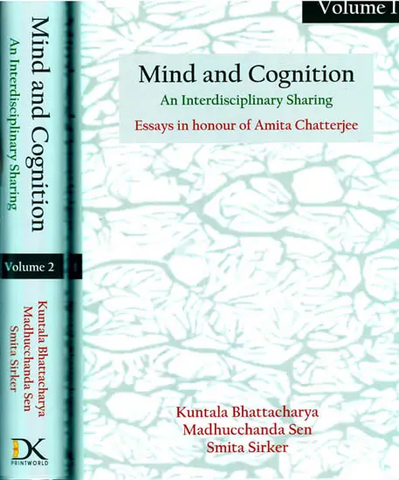Your cart is empty now.
Discovering The Realm Beyond Appearance: Pointers to the Inexpressible" evokes the idea of exploring a deeper, more profound reality beyond the surface of the material world and everyday perceptions. It suggests a journey toward an understanding or experience that cannot be fully captured by language, concepts, or appearances. Here are some insights that may resonate with the theme of this exploration:
1. The Limitations of Language and Concepts
Language is a tool that helps us express thoughts, but it is inherently limited. Words can describe only a fraction of the totality of an experience or truth. In many spiritual and philosophical traditions, the ultimate reality is considered beyond the reach of language, logic, and thought. This realm beyond appearance is often described as ineffable, something that cannot be truly captured in words or concepts.
- Pointers to the Inexpressible: In many traditions, there are phrases, metaphors, and teachings designed to point beyond themselves. These are not meant to be taken literally but are meant to direct the seeker toward an experience or realization that transcends the conceptual mind.
2. The Nature of Appearance
Appearances refer to how things seem to us through our senses and perception. However, what we perceive is not always the full story. Quantum physics, for example, reveals that the world is not as solid and predictable as it appears; things behave in ways that defy common sense at the subatomic level. Similarly, mystics have pointed out that what we see is often a projection of the mind, shaped by our perceptions, biases, and conditioning.
- Beyond the Surface: Many traditions encourage looking beyond appearances, urging seekers to see through the illusion of separation and duality. In Zen, for example, the term "suchness" (tathata) refers to the reality that is as it is, beyond our conceptualizations of it.
3. The Role of Direct Experience
Rather than intellectual understanding or reasoning, many spiritual teachings emphasize direct, lived experience as the way to grasp the inexpressible. This often involves practices like meditation, contemplation, or other forms of self-inquiry that help quiet the mind and shift attention away from external appearances.
- Direct Experience of Oneness: When individuals experience moments of profound connection or insight, they often report a sense of oneness with the universe, a dissolving of boundaries, and an encounter with a reality that transcends the limitations of form and thought. This can be seen as a glimpse of the "realm beyond appearance."
4. The Paradox of the Inexpressible
The search for the inexpressible often involves paradox. It is in the space where opposites converge that the truth begins to reveal itself. For example, in many mystical traditions, the journey to the ultimate reality involves letting go of all preconceived notions, including the idea that there is something to "find." Paradoxical teachings—like "you are already that" or "the more you seek, the further you get"—point to the need to transcend the very notion of searching or grasping.
- Embrace the Paradox: The more we try to define or contain the inexpressible, the more we distance ourselves from it. By accepting the paradoxical nature of truth, we may come closer to the direct experience of it.
5. Non-Duality
Many spiritual traditions, especially Advaita Vedanta in Hinduism, Taoism, and Zen Buddhism, emphasize non-duality—the idea that all apparent distinctions are ultimately illusory. The seeming separation between self and other, subject and object, mind and matter, is part of the illusion created by our conceptual thinking. In the deeper reality, there is no separation; everything is interconnected and part of the whole.
- Unity Beyond Division: To discover the realm beyond appearance is to recognize the interconnectedness of all things. The realization of non-duality can lead to a profound sense of peace, love, and freedom, as the divisions we create between ourselves and the world dissolve.
6. Letting Go of the Ego
The ego, or the individual self, is often seen as the primary obstacle to perceiving the deeper reality. The ego thrives on concepts, identities, and the illusion of separation. To discover the inexpressible realm beyond appearance, many teachings encourage the dissolution of the ego through practices like surrender, self-inquiry, and mindfulness.
- Transcendence of the Ego: In surrendering the ego, one may experience a direct encounter with the truth of existence, where the sense of individual self fades into the vastness of being.
7. The Role of Mystical Experiences
Throughout history, there have been individuals who have had direct experiences of the ineffable, often described as mystical or transcendent experiences. These moments provide a temporary but profound glimpse into the deeper reality beyond ordinary perception. These experiences are often characterized by a sense of timelessness, boundless love, unity, and clarity.
- Mysticism as a Pointer: Mystical experiences, while deeply personal and difficult to describe, can serve as powerful pointers to the inexpressible. They suggest that there is more to reality than meets the eye, and the true nature of existence is not something that can be captured by the intellect.
Delivery and Shipping Policy
- INTERNATIONAL SHIPPING
- Rs.1000-1100/kg
- ESTD. Delivery Time: 2-3 weeks (depending on location)
- Bubble Wrapped with Extra Padding
- NATIONAL SHIPPING
- NCR: Rs. 30/half kg
- Standard: Rs. 80/half kg
- Express shipments also available on Request
- ESTD. Delivery Time: Ranging from 1-4 days up to 7 business days (Depending on your choice of Delivery)
- TRACKING
- All orders; national or international, will be provided with a Tracking ID to check the status of their respective orders
- Depending on the Shipping Service, Tracking ID may be used on their respective tracking portals
Frequently Asked Questions (FAQs)
Domestic Shipping: 3-4 Days (after shipping)
International Shipping: 1-2 weeks (based on your location)
You will receive an email once your order has been shipped or you can email us if you didn't receive tracking details (info@mlbd.co.in)
Every book that we sell is the latest edition except all the rare books
Yes, we do provide free shipping, only on domestic orders (within India) above Rs.1500


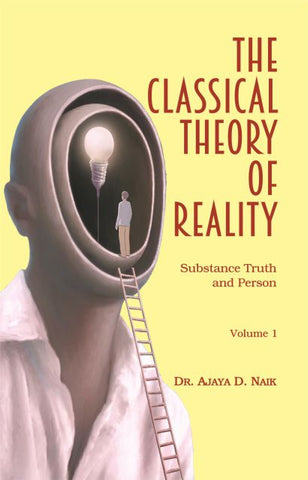
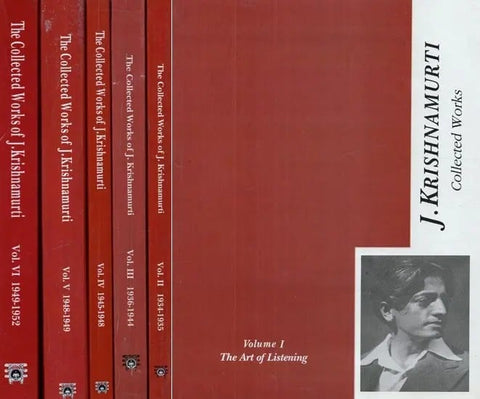

![A HISTORY OF INDIAN PHILOSOPHY [5 VOLUMES] by Surendranath Dasgupta](http://www.motilalbanarsidass.com/cdn/shop/products/HISTORYOFINDIANPHILOSOPHY_large.jpg?v=1675238163)

